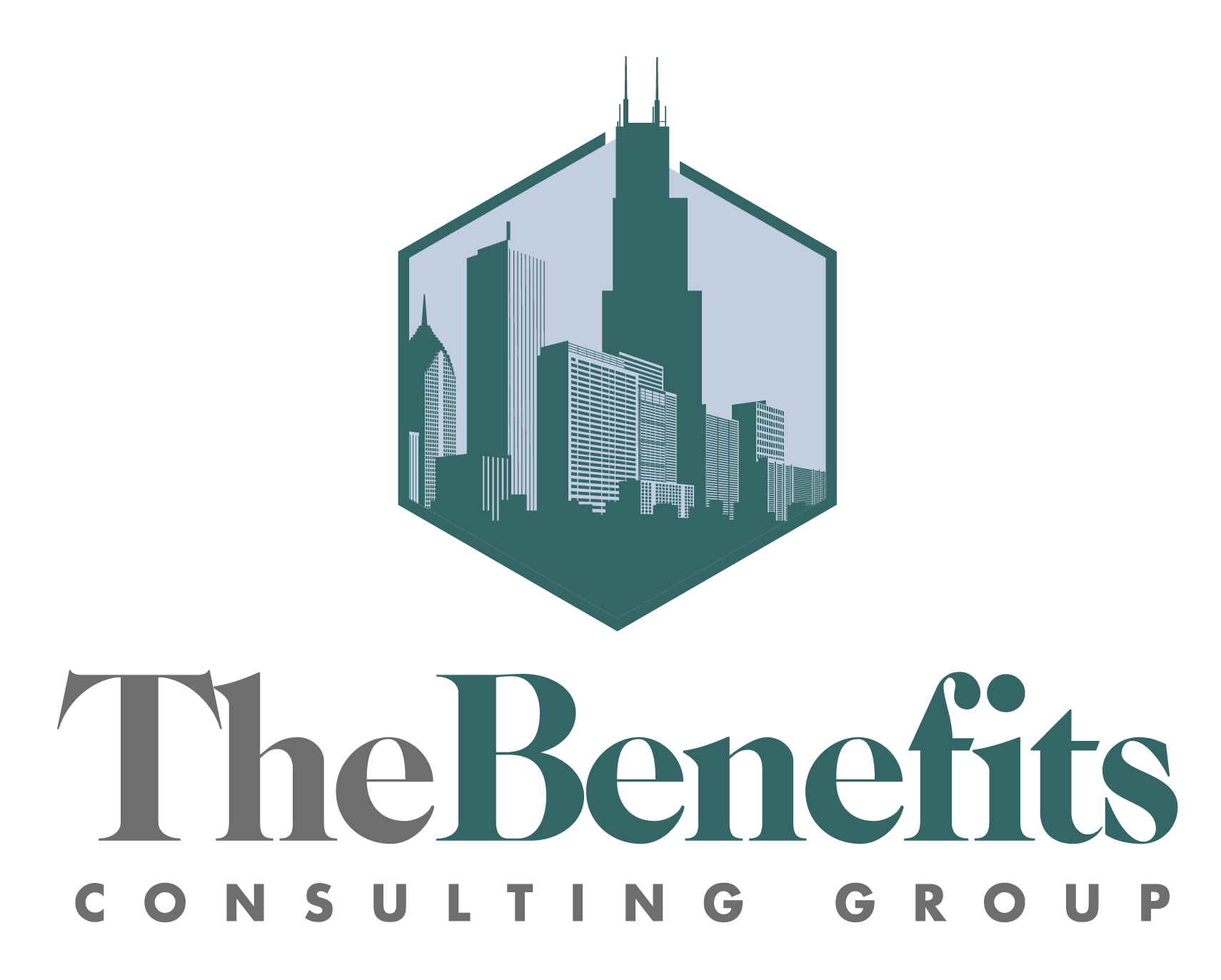Frequently Asked Questions
- What is a Third-Party Administrator?
A third party administrator (TPA) is a service provider that specializes in the administration of retirement plans. TPA’s have professionals on staff that are knowledgeable in aspects of retirement plan operations such a discrimination testing, plan compliance, and plan design. TPA’s typically provide the services needed to operate a plan such a testing, 5500 filing, plan documents, etc. Some TPA’s have actuaries on staff as well.
- What are the advantages of utilizing the services of a TPA?
Some services that are offered by TPA’s are also offered by insurance companies, mutual fund companies or payroll companies . These services are ancillary to their primary business and are usually not as thorough as those provided by a TPA. You will rarely find the level of expertise in these companies as you will in a TPA.
- What is the difference between a cash balance plan and a defined benefit plan?
Both plans promise a guaranteed pension at retirement. A traditional defined benefit plan determines that pension based on a formula; usually a percentage of pay. When the employee retires or terminates employment they usually are allowed to receive a lump sum amount which is actuarily equivalent (having the same value) as the pension benefit.
A cash balance plan is a form of defined benefit plan. The difference is in how the pension is determined. In a cash balance plan each employee has a “hypothetical account”; an account maintained on paper but no actual investment account is set up. A formula determines the amount added to the account each year and interest is credited to the account based on a stated rate. The promised pension is the monthly benefit that is actuarilly equivalent to the balance in the hypothetical account. The employee has the option of the pension or a lump sum payment equal to the hypothetical account.
- My employer doesn’t offer 401(k). Can I set up a 401(k) for myself?
A 401(k) plan is an employer sponsored plan. In order to sponsor the plan you must have a business entity such as a Corporation, S-Corp, partnership, sole proprietorship, etc. An individual without a business entity cannot set up a 401(k) plan.
- Why would a business set up a defined benefit or cash balance plan rather than a 401(k) plan?
One of the primary benefits of a defined benefit or cash balance plan is the opportunity it creates for larger tax deductible contributions. In a 401(k) plan, an individual is limited to about $65,000. But in a defined benefit plan an individual might be able to accumulate $250,000 or even more.
- What is a safe harbor 401(k) plan?
Highly Compensated Employees (HCE) can be limited in the amount they can contribute based on the rate of participation of the Nonhighly Compensated Employees (NHCE). If participation in the plan is low, the owner of the business may not be able to make the maximum 401(k) contribution. If the plan is safe harbor, this limit does not apply and the HCE’s can make the maximum 401(k) contributions regardless of the level of participation among other employees.
In order to get safe harbor status the employer is required to make a specified contribution for employees. Thie required employer contribution for a basic safe harbor plan is either 3% of pay for all eligible employees or a matching contribution of 100% of the first 3% contributed by the employee plus 50% of the next 2% contributed by the employee.
- Are the costs of maintaining a retirement plan tax deductible?
Yes. Some of the costs of setting up a plan are not only tax deductible but, even better, they qualify for a tax credit. Also, most costs associated with maintaining a qualified retirement plan can be paid out of plan assets. For details on which expenses qualify and which don’t, contact us.
Want to know if your current plan is leveraging all tax advantages?
Are you tired of spending too much time on your 401(k)?
Wondering if the 401(k) fees you are paying are reasonable?
Contact us for a complimentary 401(k) Check Up and find out if you can get improved results.
MENU
GET IN TOUCH
Tel: (312) 427-9140
Fax: (312) 427-9757
53 West Jackson Boulevard
Suite 864
Chicago, IL 60604
All Rights Reserved | Site by Fix8





